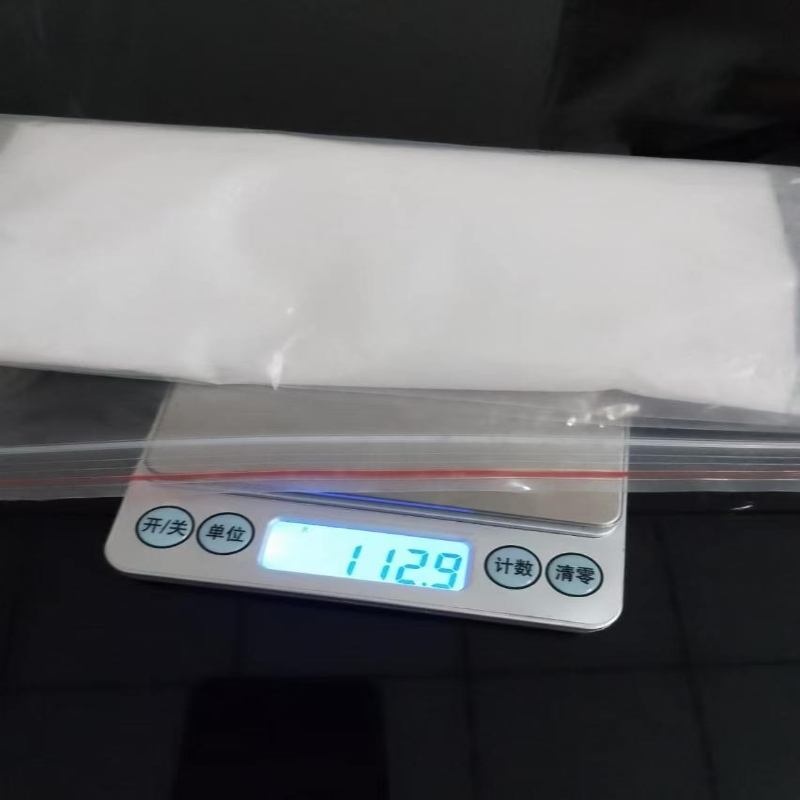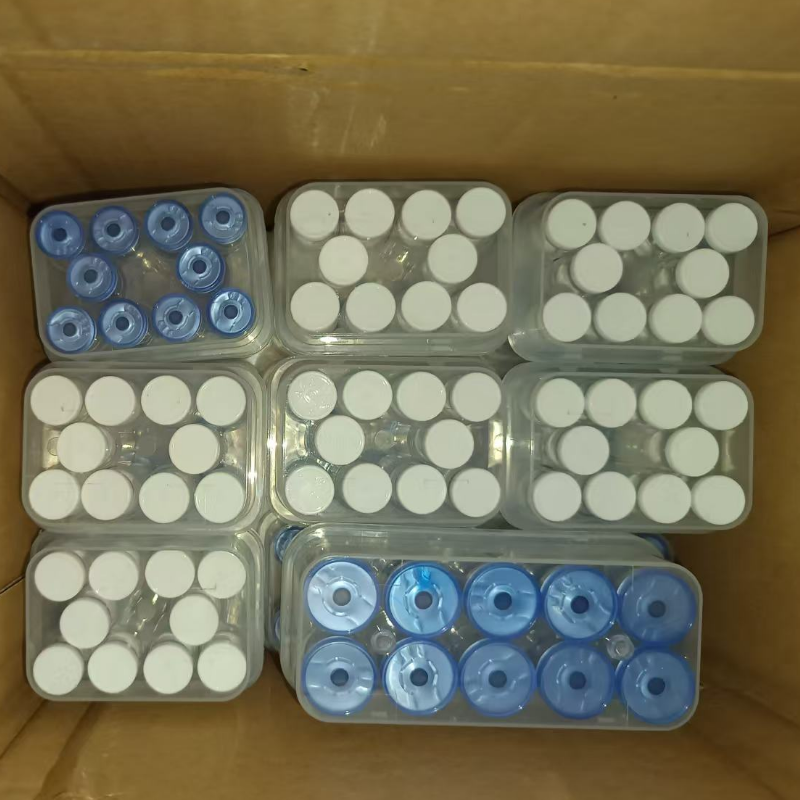-
Categories
-
Pharmaceutical Intermediates
-
Active Pharmaceutical Ingredients
-
Food Additives
- Industrial Coatings
- Agrochemicals
- Dyes and Pigments
- Surfactant
- Flavors and Fragrances
- Chemical Reagents
- Catalyst and Auxiliary
- Natural Products
- Inorganic Chemistry
-
Organic Chemistry
-
Biochemical Engineering
- Analytical Chemistry
-
Cosmetic Ingredient
- Water Treatment Chemical
-
Pharmaceutical Intermediates
Promotion
ECHEMI Mall
Wholesale
Weekly Price
Exhibition
News
-
Trade Service
Prostate cancer (PCa), the most commonly diagnosed cancer in men, is the second leading cause of cancer-related deaths among men in Western countries.
current treatments for local PCa include surgery and radiotherapy, while androgen deprivation therapy (ADT) is the primary treatment for late-stage PCa.
, however, most patients relapse to desopathic resistance PCA (CRPC) 18-24 months after ADT treatment.
although much progress has been made in the treatment of the disease, the molecular mechanisms that drive the development of PCa and the development of drug resistance have yet to be studied.
TMPRSS2-ERG gene fusion occurs in about 50% of prostate cancer (PCa) patients, and the fusion product is a key driver of prostate cancer.
it is particularly important to look for ways to treat PCa using cell signaling paths to degrade TMPRSS2-ERG cancer proteins.
the study found that DNA damage induced protease degradation of wild ERG and TMPRSS2-ERG cancer proteins, mainly through GSK3 beta and WEE1-mediated ERG 187th suline and 190th tyrosine phosphate, respectively.
this double phosphorylation modification can induce E3 ubibin connective enzyme FBW7 to identify and degrade ERG.
the elimination of the cancer-related gene PTEN or infergic GSK3 beta eliminates the degradation of TMPRSS2-ERG induced by DNA damage.
blocking the DNA damage-induced degradation process of TMPRSS2-ERG cancer proteins in fusion protein-positive PCa cells and mouse models can cause tumor cells to develop chemotherapy resistance.
, the results reveal the degradation mechanism of TMPRSS2-ERG fusion cancer proteins, and confirm that the undetected complete PTEN and GSK3 beta signaling pathraxes can effectively target ERG proteins and play a vital role in the genotoxicity therapy of fusion protein-positive PCa.
.







